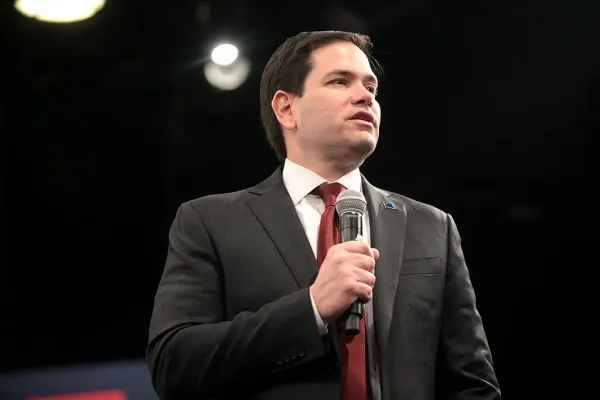
Rubio’s regional tour: Who was the U.S. signalling — and what?
Following the U.S. Secretary of State’s partial regional tour, at least as many questions remain as the trip itself answered
A collection of 33 posts

Following the U.S. Secretary of State’s partial regional tour, at least as many questions remain as the trip itself answered
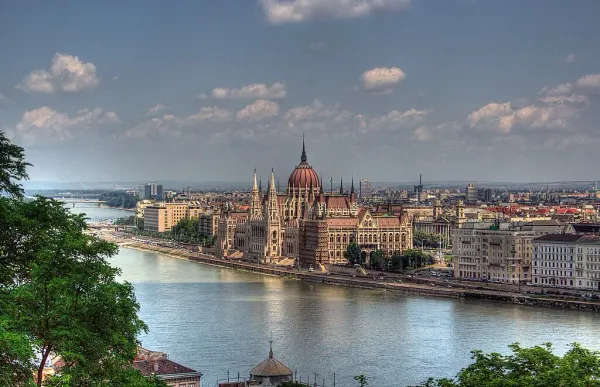
While Hungary expressed enthusiastic support, several major European powers rejected Trump’s latest initiative, the so-called Board of Peace.
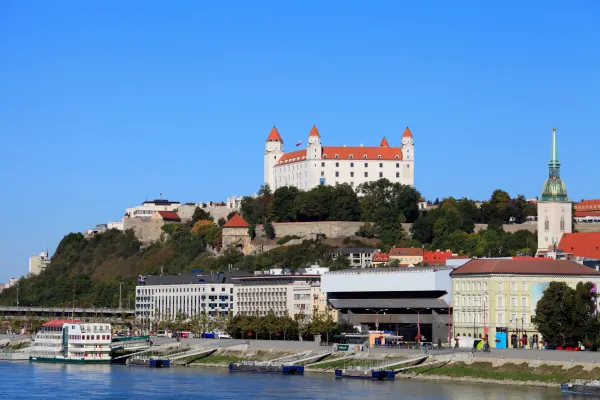
Slovakia’s new criminal code triggered a constitutional challenge by the country’s Prosecutor General and ignited controversy at home and abroad.

While Hungary and Slovakia welcomed the diplomatic efforts, fellow Visegrad Four members Poland and Czechia joined the Baltic states in rejecting any settlement that bypasses Ukrainian sovereignty.
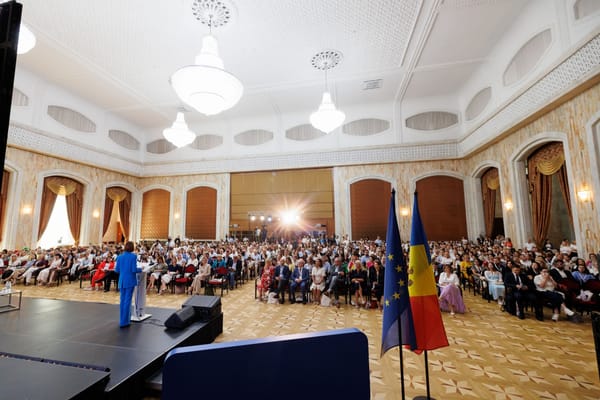
If the EU decides to approach Moldova separately, it would depart from recent EU practice of advancing Moldova, Ukraine and Georgia as a group under the "Association Trio" framework.
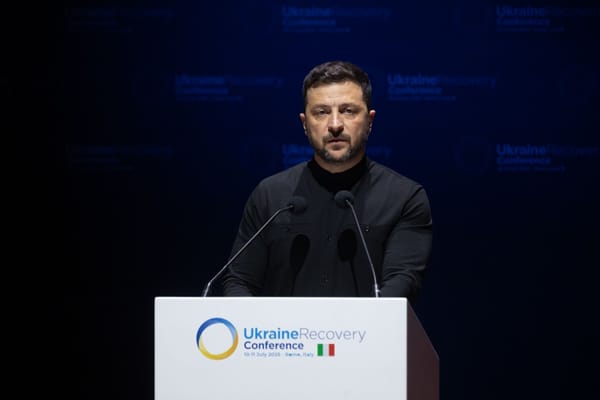
CEE contributions include cross-border logistics, public-private coordination platforms, and green recovery initiatives. Regional forums such as the Three Seas Initiative are also expected to play a larger role in financing and implementation.
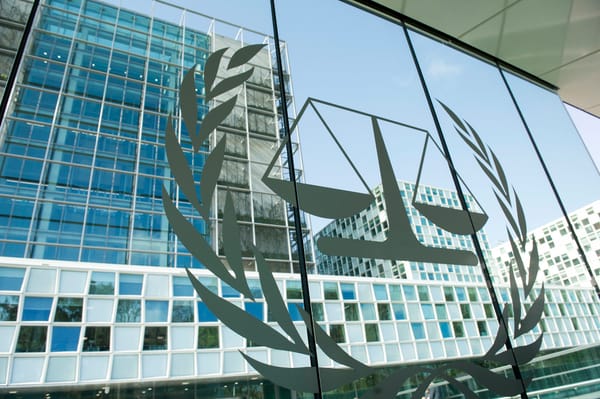
The withdrawal will take legal effect on 2 June 2026, making Hungary the first EU member state to exit the Rome Statute, which underpins the ICC’s jurisdiction to prosecute war crimes, crimes against humanity, and genocide.

Hungary has now fallen to the lowest position in the EU for actual individual consumption (AIC), despite its starting position ahead of several regional peers two decades ago.
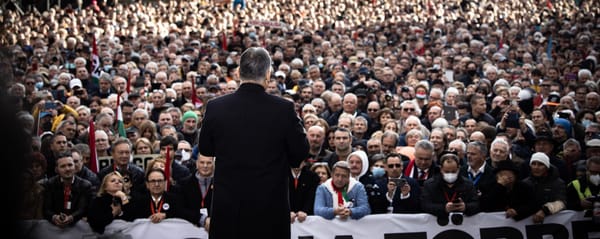
Hungarian Prime Minister Viktor Orban's ruling Fidesz party submitted on Tuesday, 13 May a bill that would allow the government to monitor, penalise and potentially ban organisations receiving foreign funding and categorised as threats to national sovereignty. The draft law would expand the powers of the Sovereignty Protection
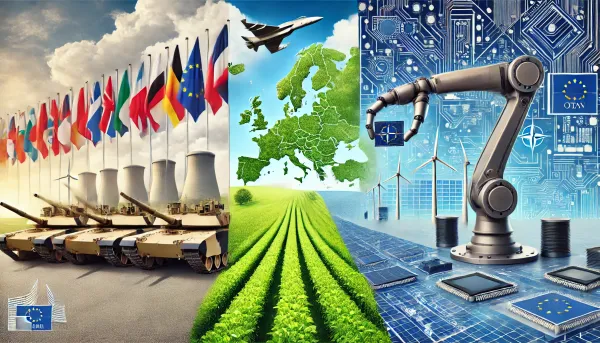
European leaders met in Brussels on 20 March to confront a mounting policy dilemma: how to balance rearmament, the green transition, and economic competitiveness. The discussions come amid slowing growth, high energy costs, and growing strategic insecurity — all while EU fiscal rules remain in place. At the heart of the
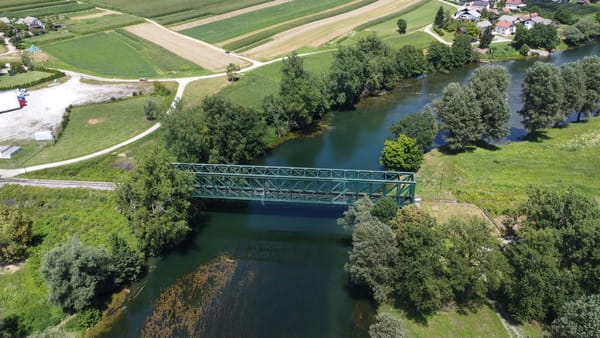
Slovenia has announced an increase in border controls with Croatia and Hungary, citing national security and escalating concerns over irregular migration, particularly linked to developments in Syria, where the al-Assad regime was recently toppled after over 50 years of repressive rule. The new measures were put into place after discussions

In the wake of the parliamentary elections in Georgia held on 26 October 2024, international reactions ranged from congratulations to expressions of concern over the integrity of the electoral process. Doubts over the legitimacy of last weekend’s vote have placed the country at the centre of a geopolitical tug-of-war,

The outcome of Austria’s election is undeniably historic—not just for Austria, but for the whole European Union. The Freedom Party of Austria (FPO) is not the first far-right party to gain power in the EU in the 21st-Century, nor will it be the last, but it is unique
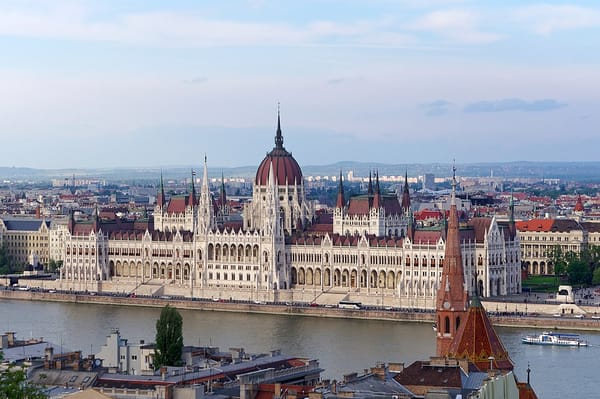
Hungary has borrowed EUR 1bn (approximately USD 1.1bn) from Chinese banks earlier this year, according to the country’s debt management agency, AKK, local business website Portfolio reported, based on public data. The loan, taken on 19 April, is a 3-year, floating-rate agreement with the China Development Bank, the
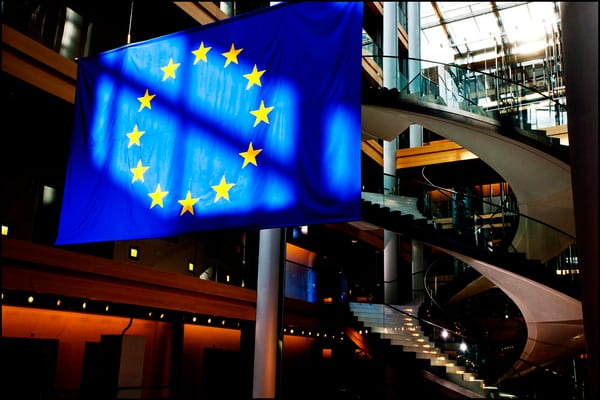
Hungarian Prime Minister Viktor Orban, who recently described the current European Commission (EC) as “the worst one” ever, framed the June 7-9 elections as a decisive moment between peace and the spectre of war looming over Europe, at a large demonstration in Budapest on Saturday, 1 June. Orban called for